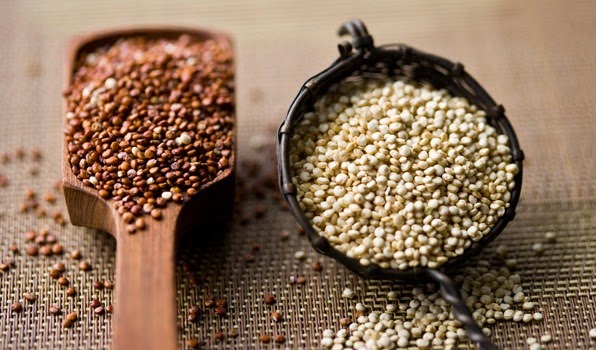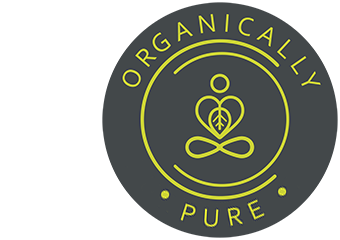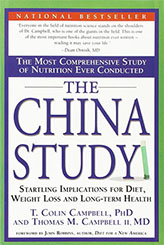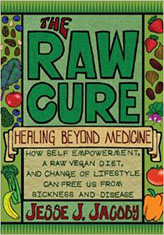
The Health Benefits of Quinoa
Quinoa (pronounced Keen-wah) first became popular around 7000 years ago and was widely consumed in South America, it's popularity at the time may be due in part to the plants hardiness and ability to grow in all climates and altitudes. The largest commercial producer of quinoa in the world is Peru, producing 114.3 thousand metric tons annually, followed by Bolivia with 77.4 thousand metric tons.
Quinoa is commonly referred to as a grain, however it is actually a seed and belongs to the same family as spinach and swiss chard.
Quinoa has come under the spot light recently as an alternative 'grain' for wheat, with so many people trying to avoid gluten containing grain for health reasons, quinoa has become an excellent alternative option.
The health benefits of consuming quinoa include a reduction in inflammation. Research has shown benefits in lowering the levels of inflammation in both adipose (fat) tissue and also in the lining of the intestinal wall.
Saponins are amongst the many phytonutrients found in quinoa, these are water-soluble phytonutrients found in the crunchy outer seed coat, these are a natural insecticide and have been shown to have both anti-inflammatory and antioxidant properties.
Quinoa has a higher fat content than grains, but do not be put off by this statement. The seed can provide heart healthy fats in the form of oleic acid, as well as providing small amounts of the omega-3 fatty acid, alpha-linolenic (ALA), which is associated with a reduction in anti-inflammatory related diseases such as acne, diverticulitis, and fibromyalgia.
Quinoa contains the proteins lysine and isoleucine in far greater amounts that are found in conventional grains. It is the inclusion of these proteins in their quantity that allows the protein found in quinoa to be considered a complete protein source.
This nutritionally abundant seed is a good source of dietary fiber and as previously mentioned it is an excellent plant based protein. These two factors combined make quinoa an excellent food for blood sugar regulation.
Studies also show quinoa has the potential to reduce cholesterol while maintaining levels of HDL (good cholesterol). In addition the anti-inflammatory nutrients found in quinoa can help to protect blood vessels from damage, helping to reduce the risk of many cardiovascular diseases including atherosclerosis, stroke and heart attacks.
The nutrients found in Quinoa.

A closer look at the nutrients and their benefits to your health.
Manganese - Mineral
- Supports the formation of healthy bones through absorption of calcium
- Supports collagen production
- Helps with the control of blood sugar
- Contributes to the prevention of oxygen related damage and damage from ultraviolet (UV) light
- Antioxidant, fights free radical damage. Diets low in manganese have been linked to skin problems and asthma.
- Proper functioning of the thyroid gland
- Promotes metabolism of fats and carbohydrates.
Trytophan - An essential amino acid
- Essential in maintaining serotonin, 'The happy hormone'
- Improves sleep quality
- Helps manage depression
- Depletion can lead to mood changes, impaired memory, anxiety, aggressive behaviour and stress
Magnesium - Mineral
- Helps protein synthesis
- Supports the nervous system
- Improves cellular metabolism
- Regulates heart rhythm
- Reduces the risk of osteoporosis
- Reduces eclamptic seizures
- Helps with muscle relaxation
- Assists with bone and teeth formation
- Regulates the body's use of calcium and other minerals
- Helps maintain structural health of cell membranes
- Reduces the risk of type two diabetes
- Reduces the symptoms of asthma
Folate - Vitamin
- Promotes brain development and improves functioning
- Promotes a healthy nervous system
- Decreases risk of some cancers , including breast cancer
- Supports a healthy cardiovascular system
- Helps nervous system development in the fetus
- Assists in the production of red blood cells
- May reduce the risk of depression
Phosphorus - Mineral
- Maintains healthy cell function
- Helps in maintaining healthy strong bones
- Helps to release energy from food
- Promotes a healthy acid-base balance
- Helps to facilitate digestion
- Helps in the synthesis of protein
Recipe Ideas


 Articles by subject
Articles by subject Recent Articles
Recent Articles







vBulletin Message